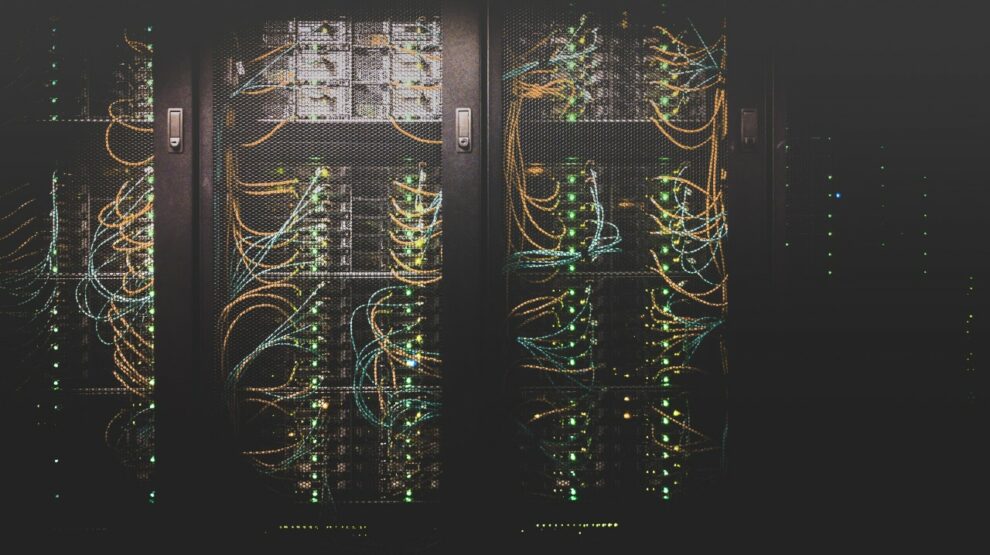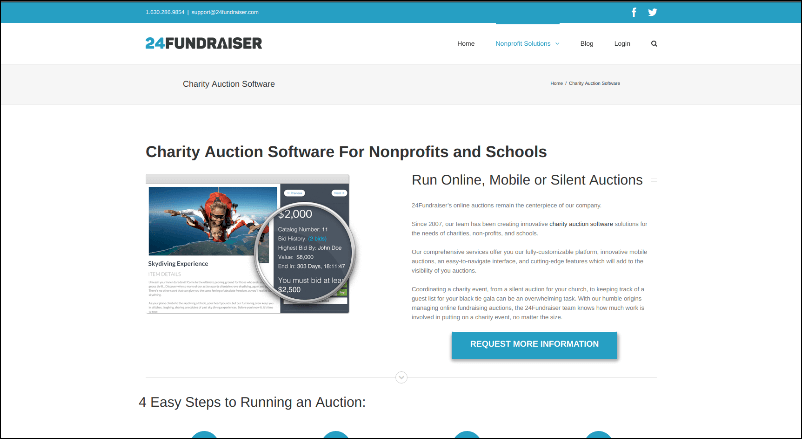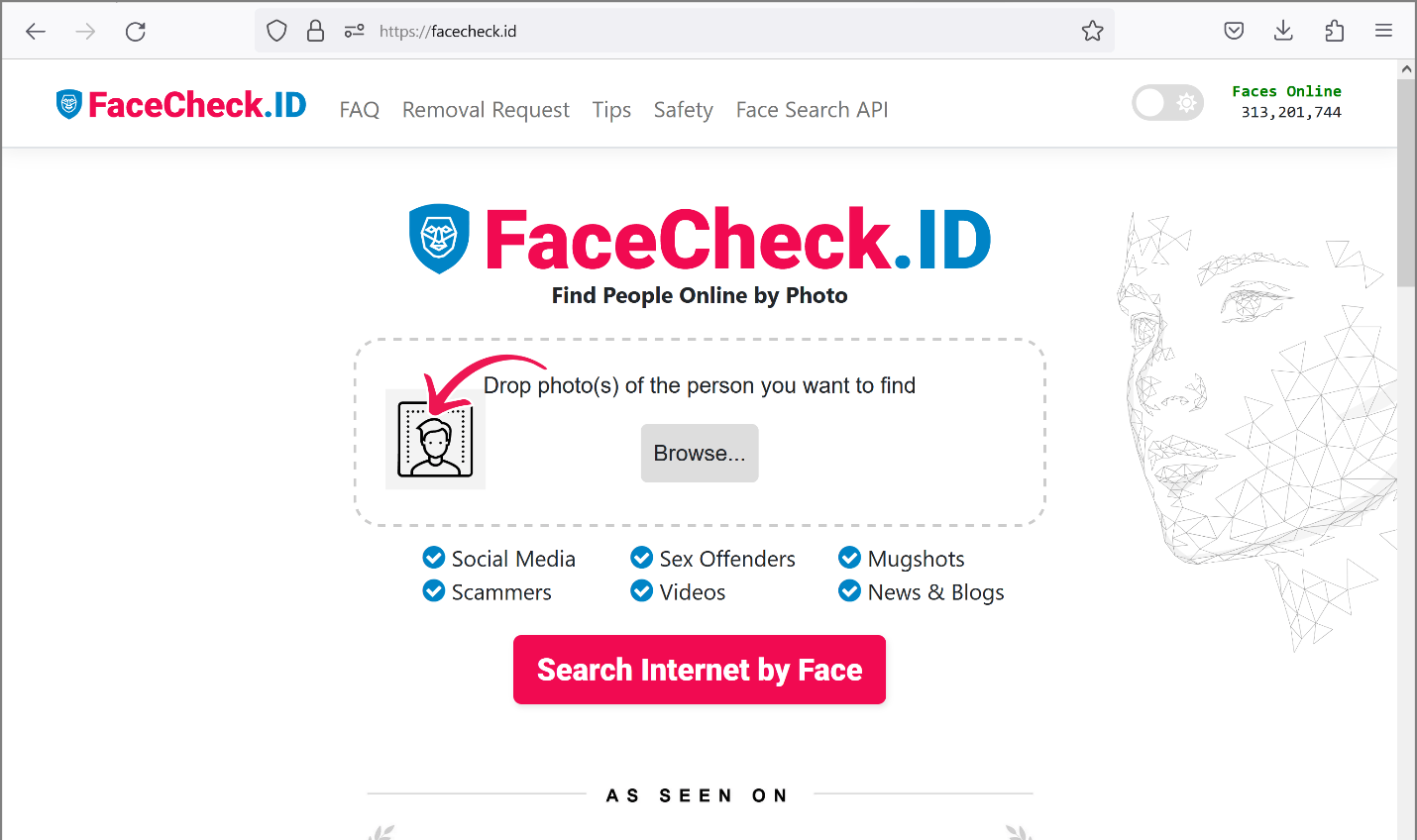Today, more and more businesses shifting their presence heavily to digital platforms, and it’s only fair that they know everything there is to know about the security of their IT infrastructure. Data breaches keep happening from time to time and have increased post-COVID owing to digitalization. This is why it’s crucial to know how to make your businesses immune to such breaches.
If you run a business and are looking for some tips to increase your IT infrastructure security as well, you are at the right place. Assuming you have taken some basic measures to secure your data already (installing anti-virus and anti-malware software, investing in a secure VPN etc.), let’s look at how we can make it more secure.
Educate Employees
Even the most secure IT networks can be easily infiltrated if people within the organization are unaware of the role they play in it. So, the first and foremost thing to do to secure your IT infrastructure is to educate your employees about the possible vulnerabilities that your networks might encounter. This is all the truer with the new remote workforce culture that’s emerging.
Simulations of phishing attacks, data breach situations and the like will prepare the employees to safeguard your company’s valuable assets from external threats. Frequent assessments of your employees’ work devices will also help mitigate loophole vulnerabilities. Remote employees might access your company’s networks over unsecured internet connections through their personal devices and they need to protect themselves from potential cyberthreats. Educate all employees about IT security with the help of IT experts.
Constant IT Security Checks
Just because you recognize that your IT security is being compromised and needs tighter security measures it does not mean that you necessarily know where to start. This is where making use of IT experts and asking them to conduct regular security audits comes in handy. You can also communicate any specific needs of your business, according to which they draft specific IT security blueprints for you. All of this is to find out weaknesses in your networks and fix those vulnerabilities.
Robust IT Security Policies
Have a set of IT security policies and standard operating procedures (SOPs) in place that are drafted by IT administrators for your staff to follow, establishes uniformity among employees. This can also include seemingly trivial (not so much) policies such as company-wide strong password policies, multi factor authentication, and encrypted workspaces etc. There are applications for every need now, like password management solutions, to help you stay on top of your security game. It is important that you enforce such policies and not just draft them and stay put.
Regular Software Updates
The number of outdated software applications on your employees’ devices might alarm you. Just like your overall IT infrastructure, the individual tools and software need security measures as well. Make sure every application, especially anti-virus, anti-malware, and firewall is updated on every device. Some applications might have certain new features that the outdated versions don’t have, which might ultimately save or break your network security.
Software updates can be checked for during the employee device assessments, to make sure everything is working perfectly. Maintaining consistency across all devices in a network is also important. This means having the same applications across every device, which also makes synchronisation inside the network easier.
Frequent Data Backups
Long gone are the days when people used to forget to save their documents and lose important information, thanks to the existence of something called cloud storage. Backing up your data, preferably instantaneously, can save you a lot of time, money, and effort in the long run. Not only does this duplicate everything you have, but also make recovery easier in case of a data breach. The more time recovery takes, the more employees have to wait to resume their work, so a trustworthy and fast cloud service provider is essential for the security of your IT infrastructure.
Network Protection
There are many aspects to network protection and here are some main network security measures you can take. Make a list of all the devices in a network with their key information like name, purpose, IP address, location, warranty information, and operating system to name a few. This will make support, management, and troubleshooting a lot easier.
Choose your network name wisely. In the case of a Wifi network name, avoid using generic SSID (service set identifier) names which often includes the manufacturer and the router’s serial number. Generic SSIDs might give away valuable information to infiltrators who might use them to gain access to your networks or even gather information about your service providers.
Another important security measure to take when it comes to network protection is to diversify your networks. Separate your guest networks from main networks and have a separate network for remote employees. This reduces the chances of people getting unwanted access to private data.
DDoS Mitigation
DDoS (distributed denial of service) attacks hammer the servers with tons of simultaneous access requests that the servers crash under the strain of processing. These attacks are highly powerful and in case of no proper backed up data, this might mean that valuable data is lost forever. Having proper DDoS mitigation measures in place can save a huge headache later. There are many DDoS mitigation solutions available that you can opt for your business, that make your servers immune from such attacks.
Zero-trust Network Access
VPNs are a great way to secure your networks from prying eyes, but all said and done, they do have some limitations – they are exposed to the public internet. This is where a more comprehensive solution called zero-trust network access (ZTNA) helps provide more security.
ZTNA operates on the basis that everything in a network could potentially be compromised, thus zero-trust, and therefore needs to provide verification. It uses third-party cloud service providers as intermediaries that manage access to applications inside the said network. This helps you provide network access to people based on their roles and needs and is probably the highest form of security a network can get.
Invest In An MSSP
Cybersecurity is a complex domain that’s involving rapidly. Most organizations don’t have the manpower or the expertise to enforce proper IT infrastructure security measures necessary for smooth working. With the remote workforce emerging, this becomes more difficult. This is where MSSPs (managed security services providers) come to the rescue. Security service providers help your business with both software tools and security personnel to ensure the integrity of your infrastructure’s security. If your business doesn’t have the time or expertise to take care of security, it’s wiser to invest in an MSSP.
Final Word…
Setting strong security policies is important to keep sensitive and private data away from prying eyes. While you might already have some measures in place, reviewing and making changes for the better does only good for your business. This comprehensive list of tips on how to make your workspace IT infrastructure more secure might certainly have helped. For optimum security management, you need the help of IT experts.
Author Bio:
Co-Founder, Chief Engagement Officer









Add Comment